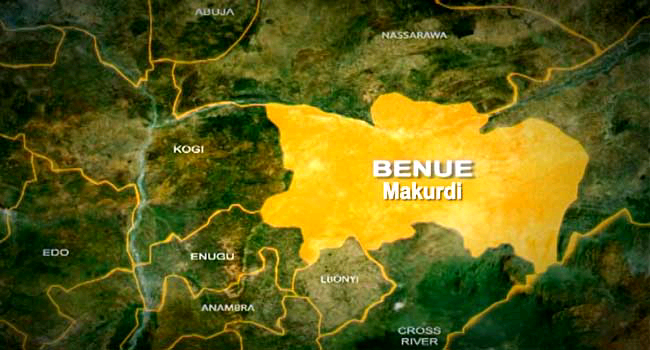Nigeria Meets WHO Threshold as 30 Million Nigerians Freed from Ivermectin Dependence
The Federal Government of Nigeria has announced significant progress in the fight against Neglected Tropical Diseases (NTDs), revealing that approximately 30 million Nigerians no longer require treatment with ivermectin.
This landmark achievement was disclosed on Wednesday by the Director of Public Health at the Federal Ministry of Health and Social Welfare, Dr. Godwin Ntadom, during a stakeholders’ meeting on NTDs held in Abuja.
Dr. Ntadom hailed the milestone as a testament to years of sustained commitment, robust health interventions, and effective implementation of Mass Drug Administration (MDA) strategies across vulnerable communities in Nigeria.
“I am pleased to announce that around 30 million Nigerians have been weaned off the need for ivermectin treatment,” he stated. “This is not only a health success but a demonstration of the power of partnership and community engagement in tackling endemic diseases.”
Ivermectin, a broad-spectrum antiparasitic, has long served as a cornerstone of Nigeria’s campaign against onchocerciasis (river blindness) and lymphatic filariasis (elephantiasis), two of the most burdensome NTDs. The Mass Drug Administration (MDA) approach has also shown effectiveness in reducing the prevalence and intensity of soil-transmitted helminths.
The achievement represents a major step toward the World Health Organization’s target of eliminating NTDs as a public health concern by 2030. Nigeria, which bears one of the highest NTD burdens globally, has been receiving support from international partners including the WHO, the Carter Center, and various donor agencies.
Stakeholders at the meeting lauded the Federal Government’s progress but urged for increased surveillance, funding, and local capacity-building to sustain the gains and address remaining challenges in hard-to-reach communities.
Dr. Ntadom reiterated the government’s commitment to continuing the fight until all forms of neglected tropical diseases are eliminated from Nigerian soil. “We are not resting. Until the last case is treated and every Nigerian is free from these diseases, our job is not done,” he concluded.
Health experts say this achievement marks a hopeful chapter in Nigeria’s public health narrative and calls for renewed efforts to finish the job.







